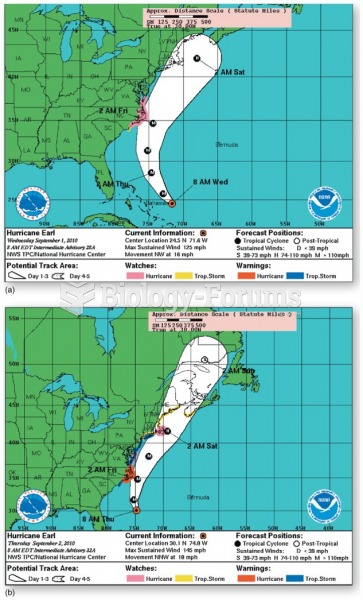Answer to Question 1
A, B, C
Feedback
Correct This is part of the standards implemented by government agencies in re-sponse to Hurricane Katrina.
This is part of the standards implemented by government agencies in re-sponse to Hurricane Katrina.
This is part of the standards implemented by government agencies in re-sponse to Hurricane Katrina.
Incorrect This is not part of those standards.
This is not part of those standards.
Answer to Question 2
Correct answers will include the following points.
o asset management
o planning and purchase of equipment or facilities
o upgrade or maintenance and care of equipment/facilities
o assessment of new technologies
o planning new facilities or upgrading current facilities
o purchasing or upgrading equipment
o determining priority expenditure
o determining staffing and training requirements
o human resource management
o working with people and managing human resources in a way that is cost-effective in achieving the organizational goals
o use all of their knowledge and skill to make wise decisions
o influence other decision makers in the organization
o supplies management
o food, drugs, cleaning materials, and one-use products
o analyze financial and inventory control reports to ensure the appropriate use of materials
Answer to Question 3
Correct answers should include the following points.
o establishment of a relationship (e.g., a relationship is required between those making decisions and those affected)
o agreed-upon defined responsibility (defined responsibilities are decided between the parties so that decisions and actions can be taken by the one who is accountable)
o delegate or confer authority (those with the authority to take action can delegate to others)
o answerability (those who are accountable, answer for decisions and actions, and justify and explain them; answers may be public ones)
o performance (the requirement to account for action; involves judgement about performance)
o sanction/correction (requirement for correcting for unmet standard of performance)
Examples of each element will vary.
Answer to Question 4
C
These questions are all part of an ethics test administered at the Center for Business Ethics at Bentley
College (Bowditch and Buono, 1997). Decision makers are taught to ask themselves these questions
when making decisions.







